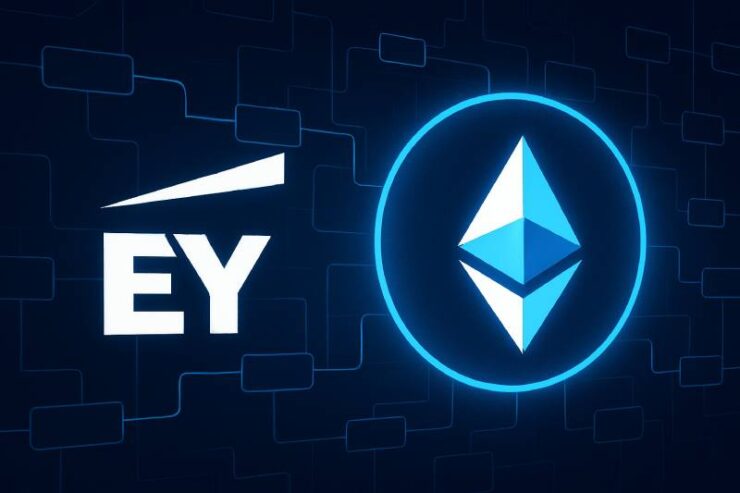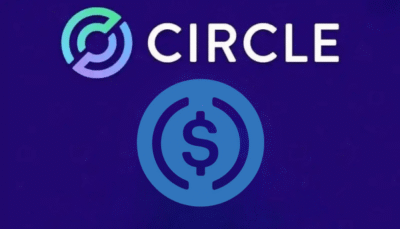EY has restructured its Nightfall blockchain as a zero-knowledge rollup, marking a strategic pivot amid renewed corporate openness to privacy tools. The decision follows easing U.S. sanctions on Tornado Cash, a crypto mixer once at the center of regulatory scrutiny.
The company announced the change on April 2, unveiling its latest source code, “Nightfall_4.” According to EY, the upgrade delivers near-instant transaction finality and a simpler architecture. The firm’s enterprise clients can now use privacy-focused transactions on Ethereum with fewer delays and lower operational complexity.
Paul Brody, EY’s global blockchain leader, said the transition eliminates the need for challenger nodes that were necessary under the previous optimistic rollup model.
“It also makes operations simpler since you don’t need a challenger node to secure the network,” he said.
Transactions no longer face a waiting period for potential disputes. Instead, each transaction is final once added to a Nightfall block.
Simplifying Privacy for Businesses
Nightfall is EY’s business-focused Ethereum layer-2 blockchain, launched in 2019. With its fourth major update, Nightfall allows corporate users to transfer tokens with Ethereum-level security while avoiding the high fees associated with Ethereum’s base layer.
The platform uses digital signatures to bind verified identities to public keys, aiming to reduce counterparty risk. Despite being open source on GitHub, Nightfall remains permissioned and is tailored to EY’s enterprise clientele. It competes with private blockchain frameworks like Hyperledger Fabric, R3 Corda, and Quorum.
Brody emphasized that easing regulatory concerns helped restore interest in privacy tools.
“The removal of OFAC sanctions has really helped people feel comfortable that using a privacy technology will not be risky,” he said.
While EY had already implemented safeguards that made Nightfall unattractive to bad actors, the initial Tornado Cash sanctions imposed by the U.S. Treasury’s Office of Foreign Assets Control significantly dampened legitimate interest.
The company is now focused on supporting Nightfall_4 deployments. Brody noted that EY’s blockchain division is advancing a broader objective: a unified environment combining payments, logic, and composability.
Currently, EY’s architecture relies on both Nightfall and another internal tool called Starlight. The latter enables smart contracts to integrate zero-knowledge proofs, a feature designed to allow complex multiparty agreements under strict privacy conditions. Brody confirmed that the development of Nightfall_5 will begin after the rollout of the current version.





